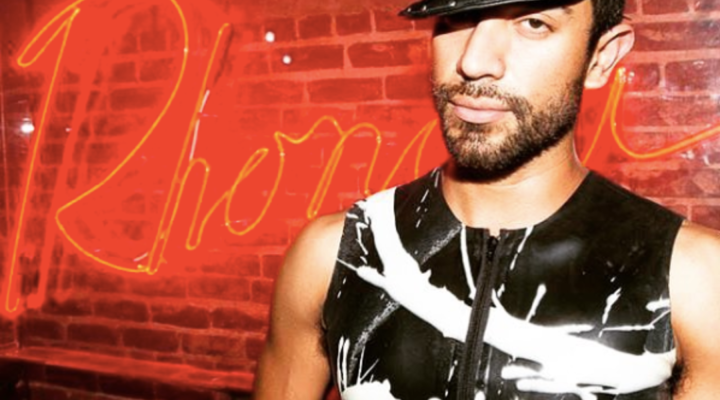
My Economy tells the story of the new economic normal through the eyes of people trying to make it, because we know the only numbers that really matter are the ones in your economy.
Nightclubs like Studio 54 in New York and The Viper Room in Los Angeles are pop culture icons, but the business of running a club isn’t all glamour. Gregory Alexander, along with business partner Loren Granich, founded A Club Called Rhonda, a pop-up club that appears in venues around the world. Alexander describes what it was like to get into the nightlife business and how the industry has changed over the years.
I am Gregory Alexander. I live in Los Angeles and I run cultural things, which is a very funny way of putting my industry. But I think because I wear so many different hats that’s probably the only way to put it.
The first time we planned a party in a warehouse was my 21st birthday. My parents gave me $500. So I chose to rent a warehouse space in downtown which is, I can’t even believe that amount would have done that at this point, because I know that now [that is] not the cost. We pulled together all of our friends who were DJs and brought in a bar, and I had my former roommate up in the rafters literally throwing confetti in front of a fan because we couldn’t afford a confetti cannon. You know, I didn’t know that confetti, for instance, mixed along with the fact that we popped 21 bottles of champagne and people danced on top of all of that mixed together and wound up ruining their floor. So we were never invited back to that warehouse again, but it was a fun time. And obviously, like, we got bit by the bug, you know? We wound up going to legal venues. That’s when Rhonda technically got her birth.
Rhonda is a business that I started 10 years ago with my partner, Loren. It’s a traveling club, basically. We kind of had a come-to-Jesus moment with a friend of ours. He helped us to kind of realize that we shouldn’t just split up all the money that we had left over at the end of every night, that we should have a bank going forward that we could then use to continue booking. We went from doing little 300-person venues to nearly 3,000.
The whole scene has got so much more expensive, and, you know, I mean, I can’t say that we’re not that expensive either. You know, what you could have got us to do for like a hundred bucks and a hot dinner at some point, now we wouldn’t entertain that idea. I don’t think people actually quite know, like, the amount of money that goes through a nightclub. People are probably very unaware of the amount of money that the DJs make these days, too, because they’re essentially like our rock stars right now, right? So like those fees go up, the more that those people are popular. There’s a cap on what you can make, obviously. There’s only so many bodies you can fit in the door, and you want it to be accessible for people, but I don’t think that they really necessarily know what that dollar goes to.
Starting something from nothing, that’s usually the hardest part. But on the other hand, you know, you don’t have to answer to anybody.
This series only works with your help. Let us know how your economy is doing using this form, and your story may be featured on a future edition of My Economy.
There’s a lot happening in the world. Through it all, Marketplace is here for you.
You rely on Marketplace to break down the world’s events and tell you how it affects you in a fact-based, approachable way. We rely on your financial support to keep making that possible.
Your donation today powers the independent journalism that you rely on. For just $5/month, you can help sustain Marketplace so we can keep reporting on the things that matter to you.












